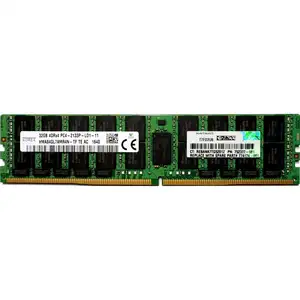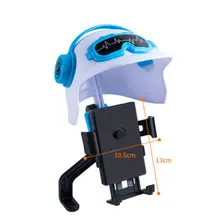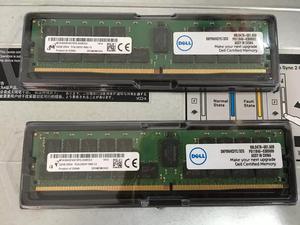Understanding 1GB Desktop Memory Non-ECC
Desktop computing performance is significantly influenced by the type and amount of memory used. 1GB desktop memory non-ECC is a category of computer RAM (Random Access Memory) that is essential for running applications and operating systems. Non-ECC, which stands for non-Error Correcting Code, refers to a type of memory that does not check for data corruption. While ECC memory is used in servers and workstations for error correction, non-ECC memory is commonly utilized in standard desktops due to its cost-effectiveness and sufficient reliability for general use.
Types and Compatibility
When considering an upgrade or replacement with 1GB non-ECC RAM, it's important to understand the compatibility with your system. Desktops require specific types of memory to function properly. For instance, DDR, DDR2, DDR3, and DDR4 are different generations of RAM with varying speeds and physical designs. Users must select the type that matches their motherboard's specifications. While 1GB modules are on the smaller side for modern systems, they can be suitable for older computers or systems with limited requirements.
Applications and Performance
The application of 1GB non-ECC desktop memory is diverse, catering to basic computing tasks. It's suitable for systems used in environments where multitasking is not intensive, such as word processing, email, and web browsing. However, for more demanding applications like advanced gaming or graphic design, larger capacity RAM is recommended. Despite its limited size, 1GB RAM can contribute to the overall responsiveness of a system when used appropriately.
Features and Advantages
1GB desktop RAM non-ECC modules offer the essential advantage of being more affordable while meeting the basic computing needs. They are also widely available and can be a quick fix for systems with a failed memory module that require a straightforward replacement. Additionally, non-ECC memory tends to have faster clock speeds compared to ECC memory, as the lack of error-checking allows for quicker data processing.
Materials and Manufacturing
The construction of 1GB desktop memory modules involves high-quality semiconductor materials. Manufacturers use silicon wafers to create the integrated circuits that store data. The robustness of these materials ensures that the memory modules can withstand the rigors of daily use, although they do not include the additional data integrity features found in ECC memory.
Selecting the Right Memory
Choosing the right 1GB non-ECC memory for desktops requires understanding your desktop's specifications and how you intend to use it. While this memory size is not geared towards high-end gaming or professional applications, it serves well in extending the life of older systems or handling less resource-intensive tasks. It's crucial to consult with your system's documentation or a professional to ensure compatibility and optimal performance.









































 浙公网安备 33010002000092号
浙公网安备 33010002000092号 浙B2-20120091-4
浙B2-20120091-4